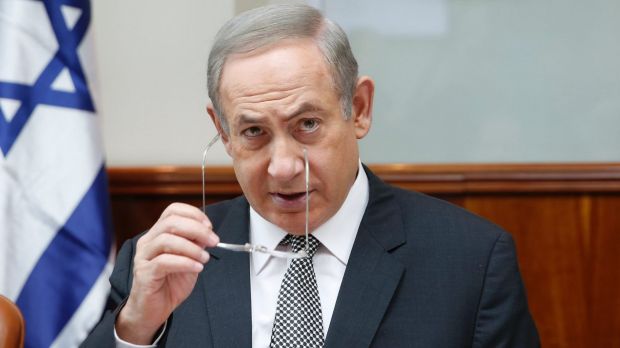Benjamin Netanyahu will be the first sitting Israeli Prime Minister to visit Australia. The relationship between Australia and the small Jewish state is warm, despite occasional problems. Australia has always been seen as friendly by Israel, although it’s rarely been a major focus of policy efforts in Jerusalem.
Although there’s bipartisan for a two-state solution, and calls from the Left for unilateral recognition of a Palestinian state, this hasn’t translated into support for the Palestinians’ campaign to downgrade our relations with Israel.
At the ALP’s national conference two years ago, the party voted to move closer to a position of support for unilateral recognition of Palestine, but not to endorse that position as yet. Labor’s national conference voted to reject the boycotts, divestment and sanctions (BDS) campaign against Israel. The Coalition and most minor parties condemn BDS. Even the Greens don’t support it, (although they won’t condemn it).
Both Australia and Israel have strong economic ties to Asia. Israel is negotiating free trade agreements with four countries in Asia. Israel trades more with China (its third largest trade partner), India, and Japan than it does with its major ally, the United States. (None of the Asian giants link their economic ties with Israel to the Palestine issue).
Israel has long standing defence links with Singapore and is improving its ties with Vietnam. There’s been growing trade and tourism ties to Jakarta, although Indonesia doesn’t recognise Israel.
Our two countries share serious strategic concerns. But there’s been almost no high-level military exchanges between them. Israel doesn’t have a uniformed military attaché in Canberra and our defence attaché to Israel is based in Turkey. Australia should upgrade security relations with Israel to tap into its expertise in counter-terrorism, hi-tech weapons systems and cyber security.
Read the full article by Anthony Bergin at The Sydney Morning Herald.

